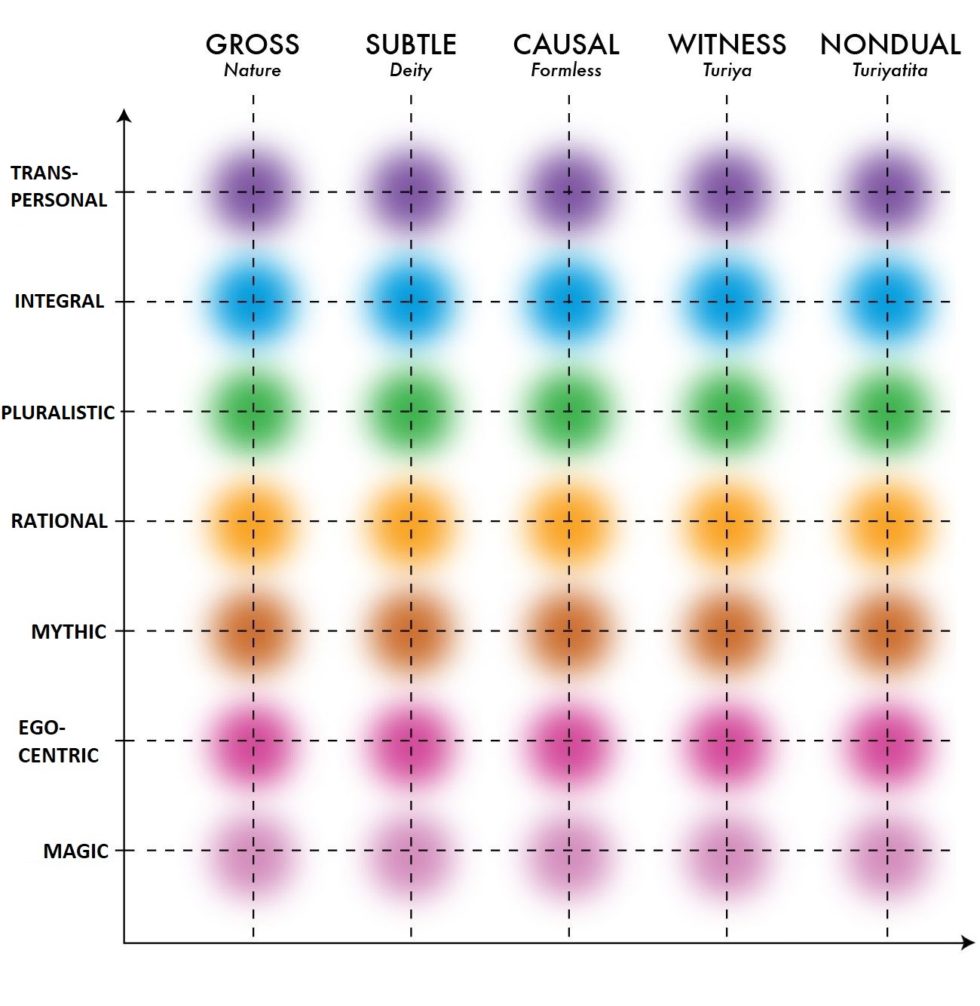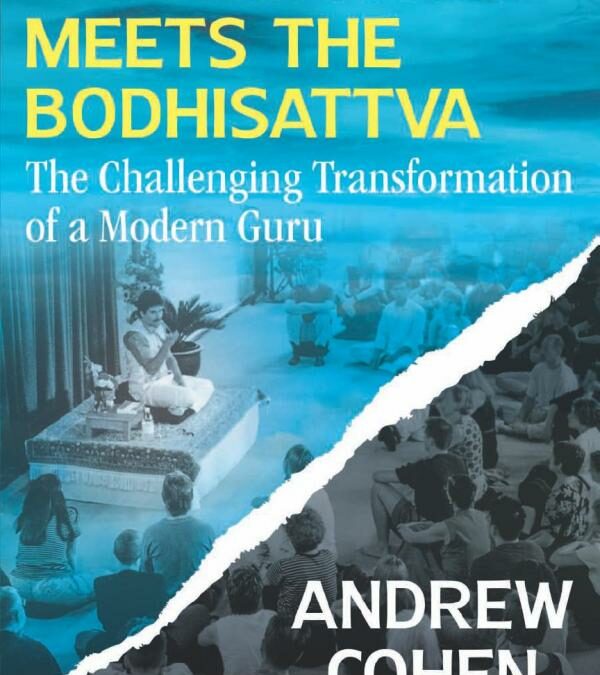The Good, the Bad, the Ugly:
Andrew Cohen changed my life during his talk about Evolutionary Enlightenment in the fall of 2010 in Sausalito, CA. During it, I began to realize that there is a co-creative life force (what he calls evolutionary impulse) that authentically manifests through us when we transcend our ego. I am forever grateful for what he and his students have pioneered and offered to the world.
A year later, I challenged him on his view that love relationships and having children are not important (or even detrimental) for evolutionary enlightenment. This led to an ongoing conversation between us about the importance of relationships for evolution (read related blogs here and here).
In his 2023 book, When Shadow Meets the Bodhisattva, Cohen describes the paradoxical challenges of growing up and waking up at the edge of evolution under the guidance of a Guru that he and his students faced until his community famously collapsed in 2013.
On the one hand, he argues that there must be a (blind) trust in the guru’s insight and competence that allows him/her to challenge the ego (awakening) and limited views (growing up) of his/her disciples so that they can move toward the upper right of the Wilber-Combs matrix shown below.

On the other hand, Cohen now realizes that there needs to be a certain amount of respect and sensitivity for the states and stages his students are in, with the potential downside of keeping them stuck there.
The Good: Cohen demanded the former from of his students and succeeded with some of them. In my opinion, their pioneering insights into what they call Evolutionary Enlightenment are essential for the future awakening and positive development of humanity. I have never met a senior student of his that I did not like, and many are now teachers in their own right, supporting others in their growth and awakening. Much of the book is about the history of his life and community, the mistakes he has made, and acknowledging his shadow, for which he apologizes. It also addresses growing up and waking up in profound ways. In that respect, this is the best book I have read on the subject, and I highly recommend it to teachers and students alike who want to reap the benefits of a healthy guru-student relationship while avoiding its pitfalls.
The Bad: Unfortunately, Cohen still does not fully acknowledge the importance of dealing with complex developmental and shock traumas that must be addressed in the context of love relationships in order to grow up and wake up. Unless Gurus like him become trauma-informed (e.g. NARM®) and only challenge students who have given their full consent to face and heal the traumas associated with their particular states/stages, rather than “breaking” and potentially (re)traumatizing them, there is the potential for abuse. In addition, Cohen still does not mention the importance of co-creation and procreation between evolving couples in healthy love relationships, raising conscious children, and learning, healing, growing and awakening together at the level of all seven chakras to realize their full human potential. And most fatally, he does not include the ethical/moral imperatives of creating more goodness, truth, beauty, and functioning in service to the well-being of others in living our “evolutionary” purpose, so that human evolution can continue toward a more peaceful and sustainable future, as I envision in my book Sex Purpose Love.
The Ugly: Tragically, Cohen has painfully failed the majority of his former students and caused incredible pain and suffering due to his ignorance, narcissism, arrogance, and inflated ego (p. 55) caused by his inability to deal with his own childhood trauma (p. 23) and to recognize the trauma of his students. Understandably, most of his former students are offended by this book and question whether he has learned, grown, and healed enough to redeem and reestablish himself as a reformed guru, which seems to be the main intention of his book. Only time will tell if he has.
In my opinion, it is up to each individual to decide at what level they wish to engage with him as a guru and to set healthy boundaries. I remain hopeful that many more people will benefit from his unique insights into evolutionary enlightenment as I have, while recognizing the limitations of his teachings regarding trauma/shadow work, love relationships, raising conscious children, and moral imperatives in the enactment of “authentic evolutionary” purpose.

